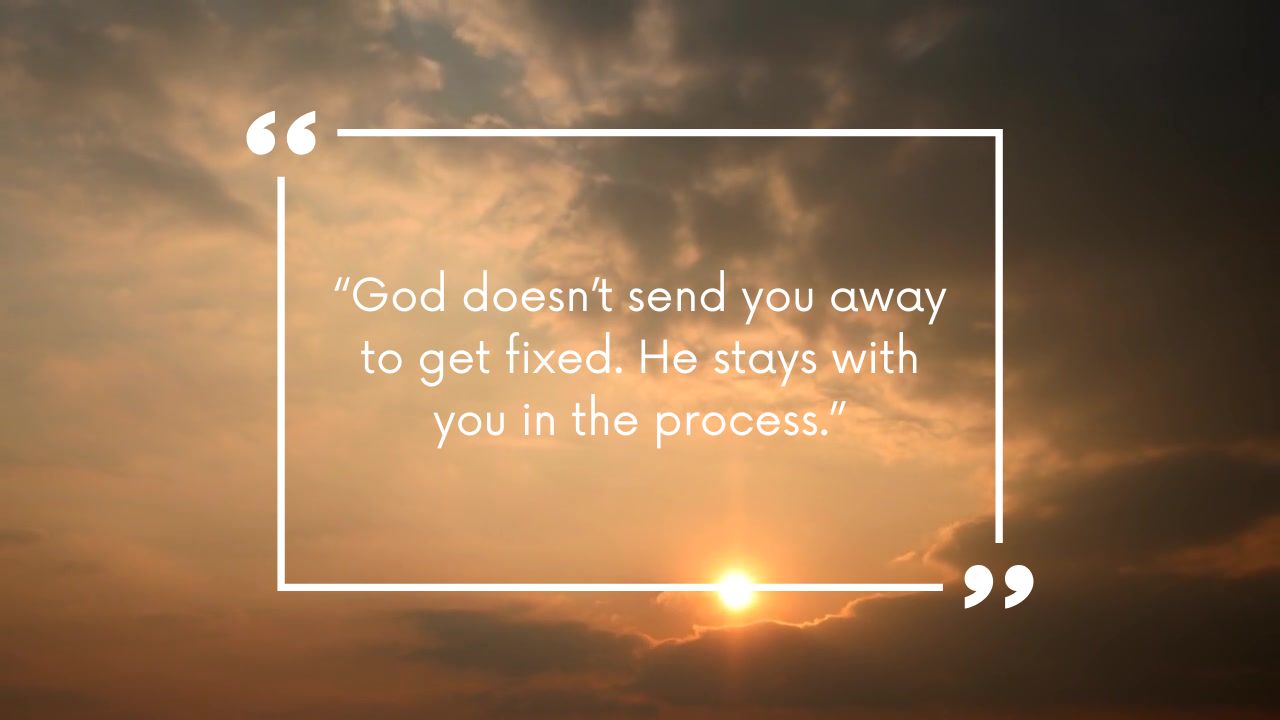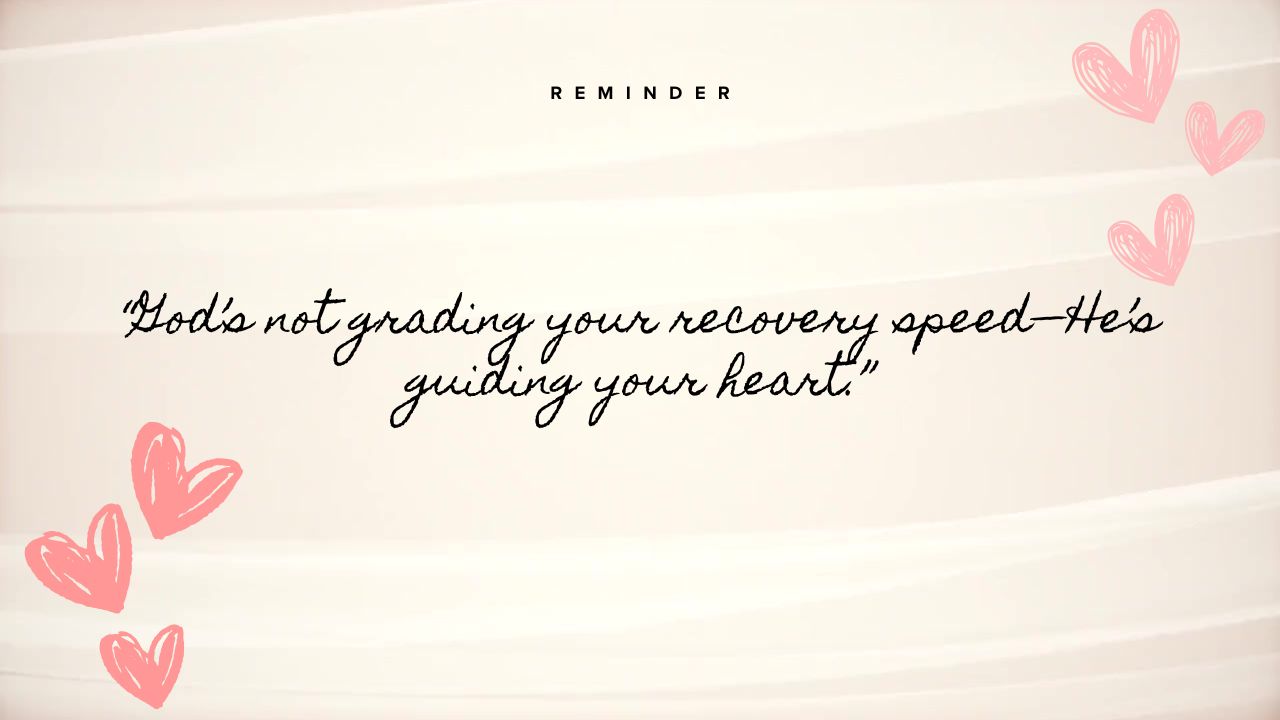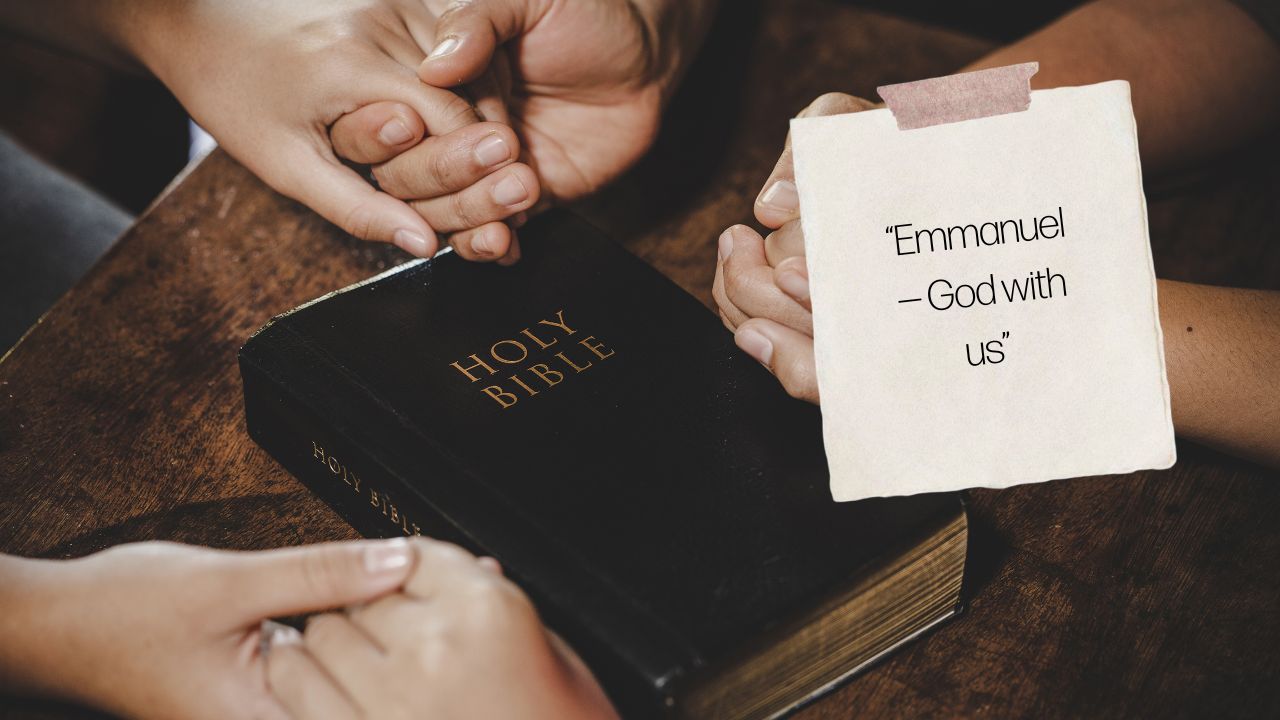How to Stop Feeling Ashamed Every Time You Eat

Ever felt that wave of shame hit right after eating—like somehow you’ve “messed up” again?
That internal voice whispering, “You shouldn’t have eaten that. You should’ve had more control.”
Guess what? So has nearly every Christian woman I’ve coached through her food freedom journey.
In this episode of the Faith-Filled Food Freedom podcast, I sat down for a live coaching call with one of our Joy-Filled Eater students, Michelle—a compassionate, faith-filled woman who’s been doing the hard, holy work of untangling years of disordered thoughts around food and her body.
What unfolded was a powerful conversation about how faith can motivate healing instead of fueling shame—and how to finally stop feeling like God is disappointed in you every time you eat.
What Shame Around Food Really Sounds Like
If you’ve ever struggled with food guilt or body shame, you’ll recognize the mental chatter Michelle shared during our session:
“I know what I should do—I teach these same principles to others! So why can’t I stop feeling ashamed when I eat something off-plan?”
Cue every woman who’s ever said, “I help others give themselves grace… so why can’t I do it for myself?” 🙋♀️
Shame is sneaky like that. It sounds like truth because it uses your own voice—and often twists Scripture or perfectionistic expectations to keep you stuck.
Michelle shared that after years of performing well in school, church, and even recovery, she’d learned to associate mistakes with punishment. When her eating disorder began at 11, she was sent away to treatment—and her brain learned, “If I mess up, I’ll be sent away again.”
No wonder her adult self struggled to believe that God stays near when she “messes up” with food.
The Shame Cycle (And Why It’s So Hard to Break)
Here’s how the food shame cycle often plays out:
- You feel anxious about food or your body.
- You eat something that doesn’t fit your mental “rules.”
- Shame floods in (“I failed again. I should know better.”)
- You either restrict, overthink, or vow to “be good” tomorrow.
- The cycle starts all over again.
Sound familiar?
The problem isn’t lack of discipline—it’s disconnection. Disconnection from your body’s cues, from God’s grace, and from the truth that you are loved and accepted, even when your food choices aren’t “perfect.”
As I told Michelle during the call:
“God doesn’t send us away to get fixed before He welcomes us back. He stays with us in the process.”
That right there? That’s the antidote to shame. 👆

Why Faith Should Motivate You—Not Shame You
Let’s be real: the enemy loves to twist faith into a weapon of guilt.
You’ve probably heard that little voice whisper:
“If you really trusted God, you wouldn’t struggle with this.”
“A good Christian wouldn’t obsess about food or her body.”
But friend—shame is not from God.
Romans 8:1 tells us, “There is now no condemnation for those who are in Christ Jesus.”
That includes you.
That includes the moments you overeat, restrict, or skip the workout.
Faith isn’t about performing perfectly; it’s about trusting persistently—even when your healing feels slow.
During our call, Michelle said something that stopped me in my tracks:
“I know God gives grace to everyone else, but I still struggle to believe He gives it to me.”
Whew. How many of us have thought the same thing?
We believe in grace—but we don’t receive it for ourselves.
That’s where we need to retrain those mental pathways, not through guilt or “trying harder,” but by inviting Jesus into the conversation every time shame starts talking.
Rewiring Your Thoughts Takes Time (and Grace)
I used one of my favorite analogies in this episode—the 17 layers of pavement.
When you’ve thought a certain way for years (“I can’t be trusted around food,” “I need to earn my worth”), those beliefs form deep, paved highways in your brain. Trying to change them overnight is like expecting a construction crew to dig up a freeway and rebuild it in a day. 🚧
Healing takes time, repetition, and a whole lot of grace.
And grace isn’t passive—it’s participation with God’s presence.
When Michelle shared that she “should” be better because she’s a helping professional and knows all the therapeutic tools, I reminded her:
“Even if you know better, that doesn’t mean you’ll automatically feel better. God’s not grading your recovery speed—He’s guiding your heart.”

How to Practice Grace Over Shame This Week
If you’re ready to start breaking free from that shame spiral, here are 3 practical, Christ-centered steps to begin with—straight from our coaching session:
1. Recognize When Shame Speaks
Shame often starts as “should” thoughts:
- “I should eat cleaner.”
- “I should have more self-control.”
- “I shouldn’t feel this way.”
The moment you hear those shoulds, pause and ask:
“Would God say this to me?”
If the answer’s no—it’s not from Him.
2. Replace Shame with Scripture
When you feel like God’s distant because you’ve “messed up,” pray His name Emmanuel, meaning God with us.
Then read passages that remind you of His nearness:
- Psalm 46:1 — “God is our refuge and strength, an ever-present help in trouble.”
- Deuteronomy 31:8 — “The Lord Himself goes before you and will be with you.”
- Romans 8:38–39 — “Nothing can separate us from the love of God.”
💡 Try this: Write one of these verses on a sticky note or your phone lock screen this week. Every time food shame creeps in, use it as your truth reset.

3. Speak to Yourself Like You’d Speak to a Child Learning
One of my favorite analogies from the episode was about potty training (stay with me 😉).
When a toddler is learning, you don’t scold them every time they have an accident. You celebrate progress, stay patient, and stay present.
You don’t send them away to “figure it out” by themselves. You teach, guide, and encourage, because you love them.
That’s how God sees you in your recovery journey.
He doesn’t send you away until you’re “fixed.”
He sits beside you, saying: “I’m right here. Let’s try again.”
Reflection Time
I want to invite you to take a few minutes and ask yourself:
- What’s one area of your food or body image journey where shame still sneaks in?
- What would it look like to let God’s presence—not your perfection—guide your next step?
- How might you show yourself the same compassion you offer everyone else?
Write it down. Pray over it.
And if you need support, remember—you don’t have to walk this out alone.
Want to Go Deeper in Your Own Food Freedom Journey?
If Michelle’s story resonated with you, I want you to know—you can experience that same shift too.
You can stop feeling ashamed every time you eat.
You can stop believing that your worth is tied to your food choices.
You can start enjoying food again—without guilt, fear, or self-criticism.
Here are a few ways to take your next faith-fueled step 👇
👉 Listen to this full coaching call episode:
🎧 Faith-Filled Food Freedom on Apple Podcasts
👉 Join our free online community for Christian women pursuing food freedom:
🌿Food Freedom and Body Image Support For Christian Women
Final Thoughts 💛
Friend, if you take nothing else from Michelle’s story, let it be this:
God doesn’t love a future, more “fixed” version of you.
He loves you right here, in the middle of your mess, your healing, and your hunger.
You don’t have to earn peace with food, and you don’t have to eat “perfectly” to be worthy of grace.
He’s not waiting for you to perform better.
He’s inviting you to come closer.
So the next time that shame voice whispers, “You should’ve done better,”
remember:
You’re not behind.
You’re becoming.
Subscribe to Faith-Filled Food Freedom
If you found this blog helpful, be sure to subscribe to the Faith-Filled Food Freedom podcast for more Christ-centered food freedom & body image support every Tuesday & Thursday!



